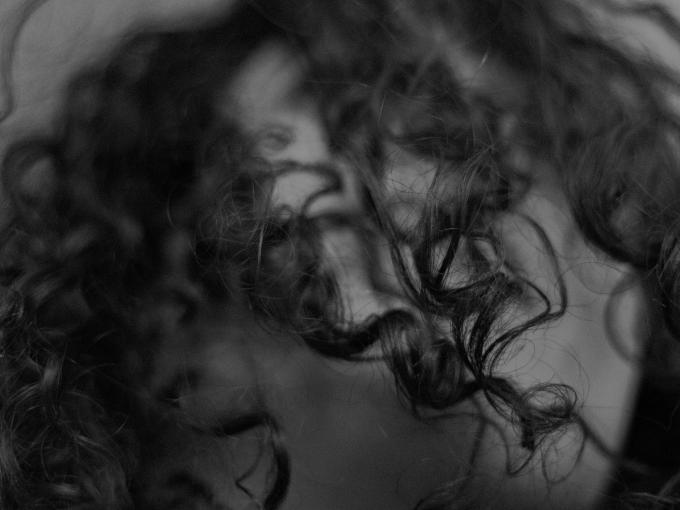
My Curly Hair
Taken from my English essay about memories

Dec 14, 2022
I was born with rich brown, thick, curly hair. This genetic is from my mom's side; she also has curly hair. Her curl journey was very different from mine; she doesn't like her curly hair and straightens it a lot, while I cherish my curls and care for it. My curly hair is part of my identity, and I wear it with pride and love. But others like to question it or find it a distraction from my appearance or ethnicity.
I'm in my mom's pueblo in Michoacán, Mexico. The time of day is beautiful: cozy weather glistening, the sun beaming down warm on our skin, and the sound of rocks as you step on the dirt road. It's Christmas time, so the plaza is decorated with bright white lights, snowflake-shaped lights hanging on trees, and the holy nativity in the middle. My mom and I decided to go check out the plaza and look at the pop-up shops and food stands that would be there. Filled with fiesta, the aroma of the frying pan and concrete floor layered with green shells from garbanzos bring the ideal comfort of Mexican holiday tradition. Throughout the trip, I would take care of my hair and have it down most of the time. It's very voluminous, and an eye-catcher, especially since these curls aren't typical in Mexicans; it's usually thin wavy hair. I got stares from about everyone when I had my hair down. Kids would stare and sometimes point but at least smile. Adults would look me up and down, judging my persona without even knowing me, talking about me in Spanish as if I didn't understand.
I decided to have my hair down this night as well. My curls were bouncy and rich with volume, as my bangs curled and covered my eyebrows, making my face look round. As we went out and reached the plaza, I could hear the crowd blooming with energy and glee as people gathered around for food and toy shops. Being packed with people, waiting and sliding through some space to pass, I can feel eyes watching me move, like an animal seeking its prey. The stares and whispers don't stop. I felt more self-aware this night and like an outsider in this crowd. I know it's about my appearance and hair because I am whiter than most Mexicans, a guerita for them, and the hair is different from the norm. My idea gets tested when my mom and I are stopped as we get food. “Tu caballo es asi de chino? Esta grueso y bonito.” A food vendor, who just sold us garbanzos, comments on my curly hair and asks if it's mine. Already out of my comfort zone, this question catches me off guard, and I look confused. My mom answers for me and says it is mine, as she pulls my hair back, proving it. I smile through the awkwardness and pain at the fact that she did that. Even the food vendor looked a bit shocked but laughed it off, as my mom laughed jokingly. After we left, I told her I felt uncomfortable and that pulling my hair wasn't necessary. She apologizes, and we continue our night, talking and walking back home.
I don't like having my hair touched, which is a problem with boundaries in the Mexican community, but the fact that my mom did it bothered me more. Although she struggles with curly hair and doesn't see the big deal of touching others' hair, especially because she did this as a joke, I get offended when others think it's okay to feel someone else's hair as if we're pets. This societal norm that curly hair is becoming trendy and asking people if it's really theirs is weird and derogatory. I have experienced this many times, and though I have my boundaries and am used to it now, reflecting on learning about people's curiosity and how to respond is part of the learning experience, even if that means feeling like an outsider sometimes.





